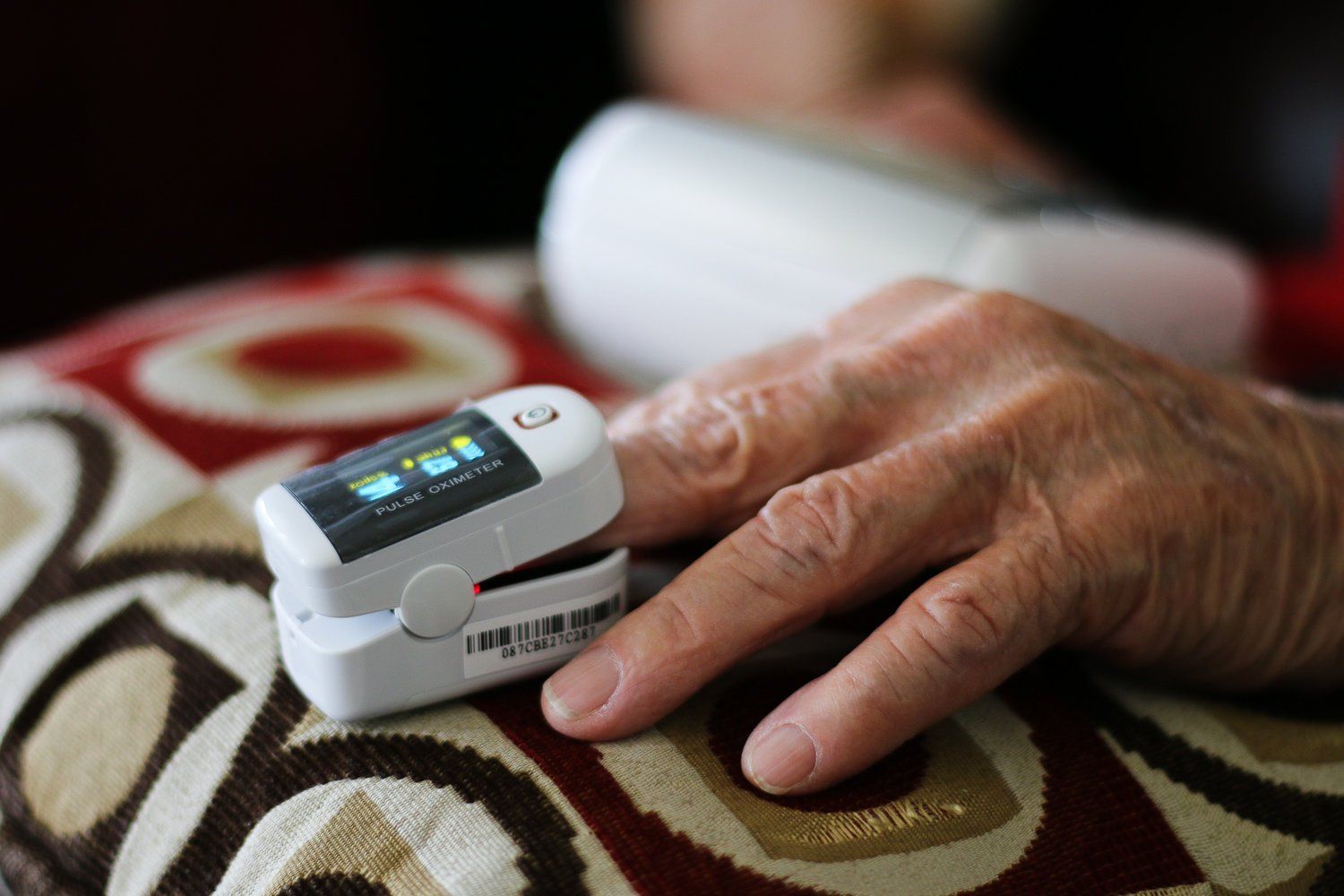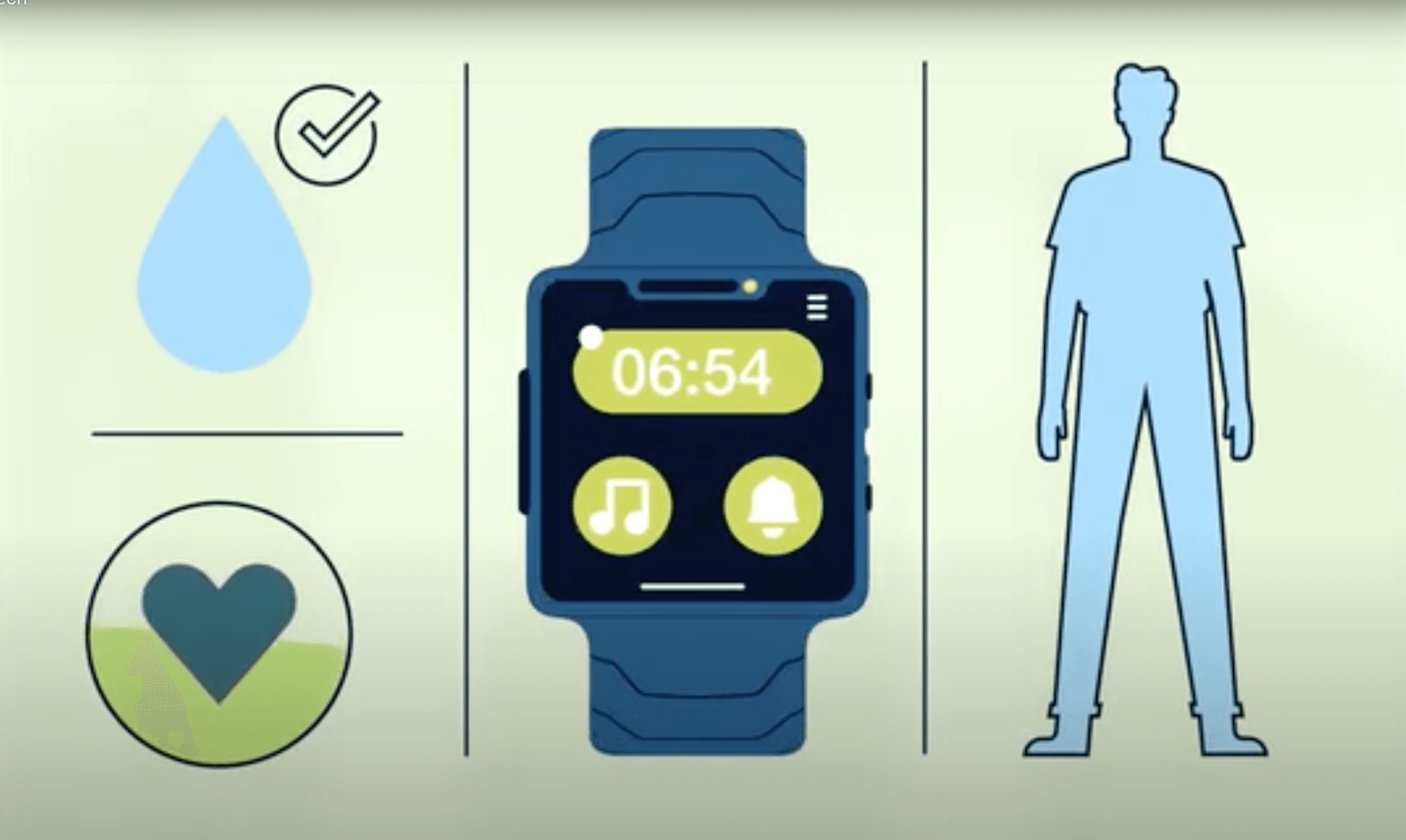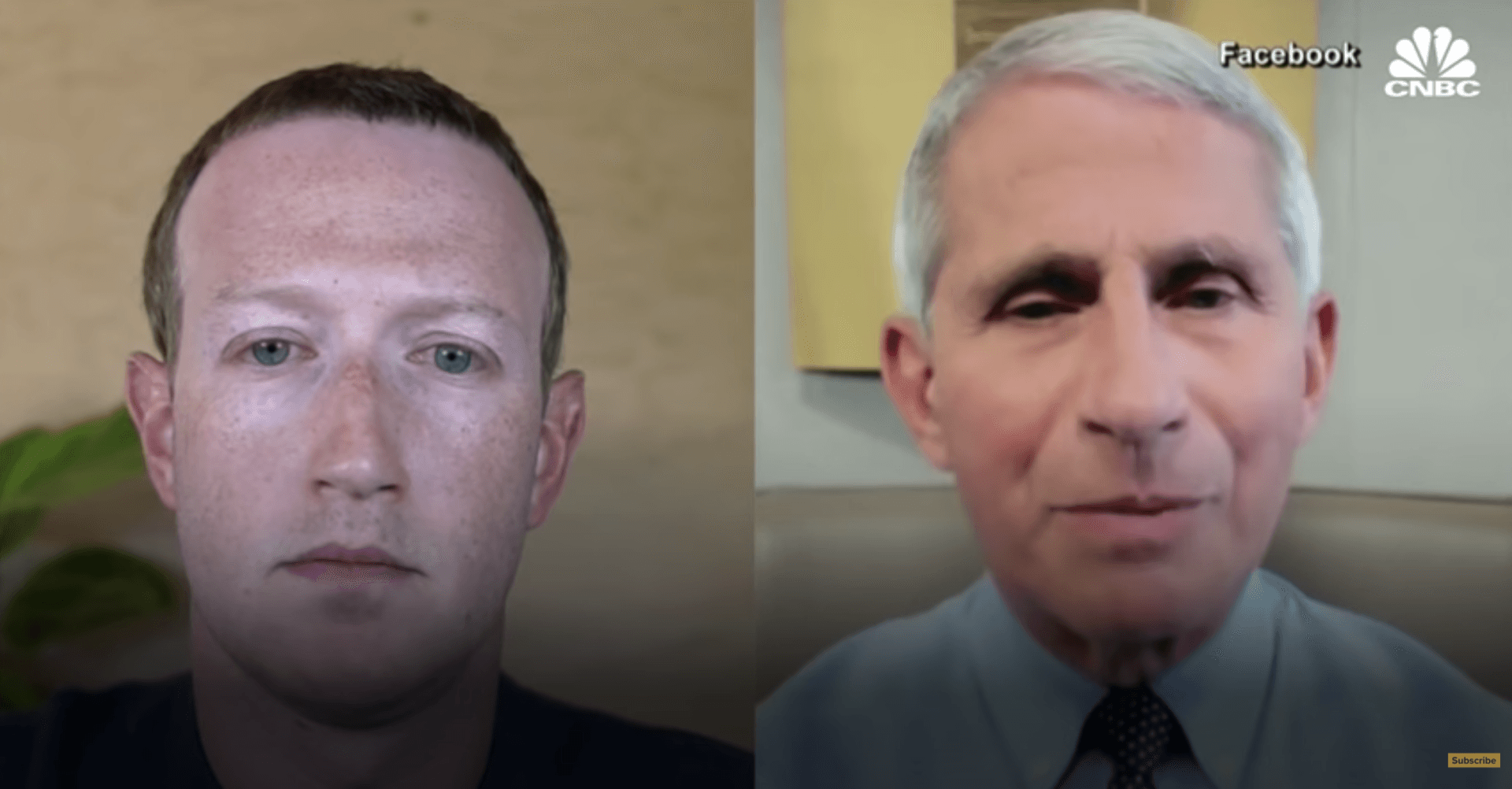Top 3 Trends Defining The Future of Healthcare
Dr. Damien Ng, Julius Baer • February 6, 2021
Top 3 Trends Defining The Future of Healthcare
The weakness of the present healthcare system revealed by the Covid-19 crisis, along with the rise in chronic diseases associated with lifestyle changes and a rapidly ageing population worldwide will shape the future of healthcare. Next-Generation Research Analyst Dr. Damien Ng took a close look at recent developments in digital healthcare, genomics, and extended longevity.
DoctorTouch is the first digital health company in the region to combine remote patient monitoring and telemedicine. Learn more about
our solution for employers for
battling and mitigating the spread of COVID-19 at the workplace.

The COVID-19 pandemic has affected many elderly from receiving proper care. It has further highlighted problems faced by the elderly with dementia and chronic diseases
In this video presented by The Economist, watch how COVID-19 pandemic has impacted the elderly and how we can strive to improve the efficiency for elderly and chronic care with the rise of remote patient monitoring technology.

Improvements in technology and changes to insurance reimbursement rulings have helped increase the acceptance of telemedicine. Without it, doctors and therapists wouldn’t be able to connect with patients as easily, especially during the pandemic.
As telemedicine has become widespread, professionals and patients have grown more comfortable connecting virtually. Telemedicine isn’t meant to take the place of face-to-face visits. While it does have some disadvantages, which we’ll get into later, its benefits are undeniable.
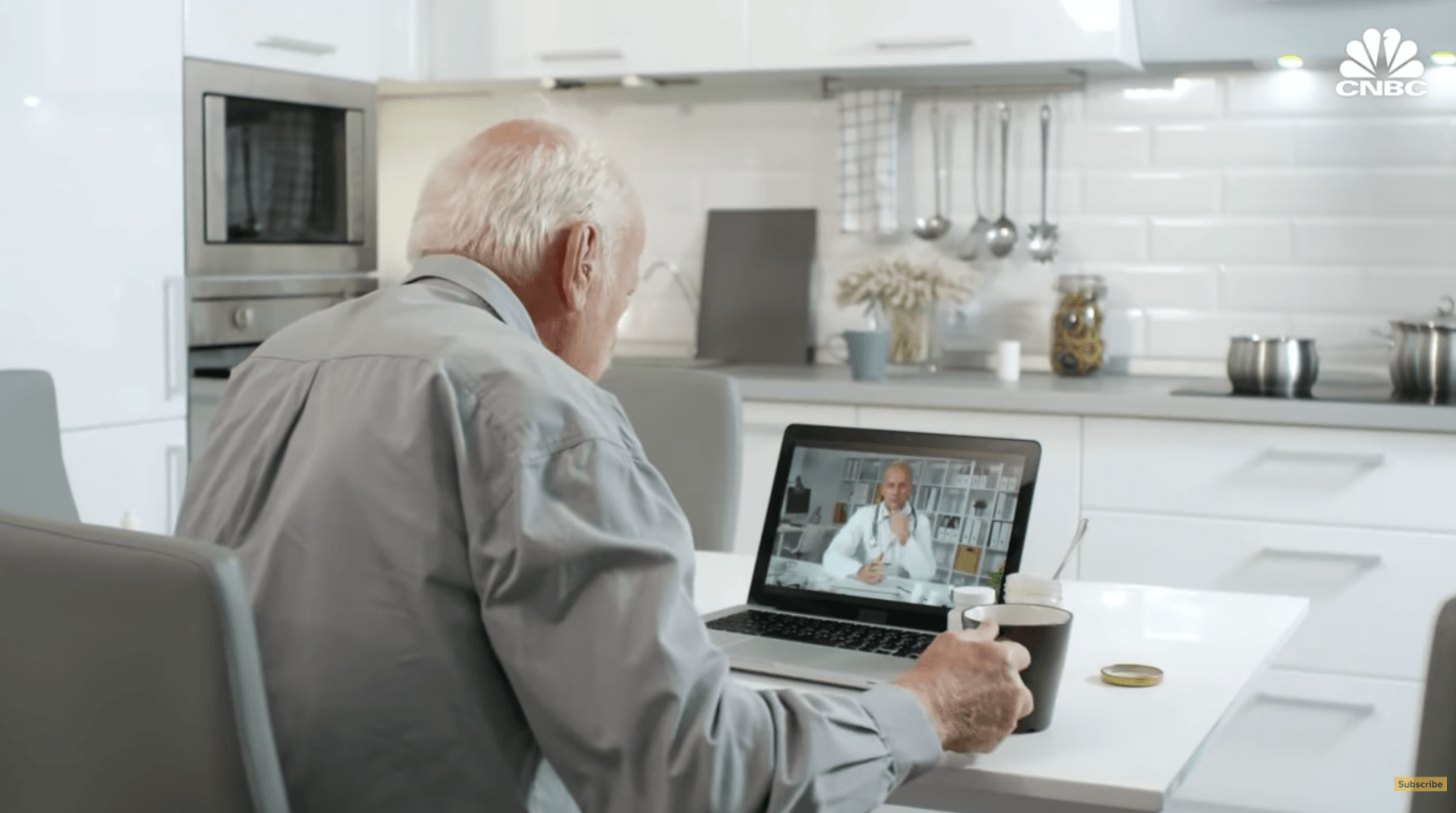
Telemedicine termed a 'silver lining' of the coronavirus pandemic. This time, it might just be true.
Telehealth use surged from 8% of Americans in December to 29% in May as primary care, mental health and specialists turned to remote care out of necessity during the COVID-19 pandemic, according to a UnitedHealth Group report.
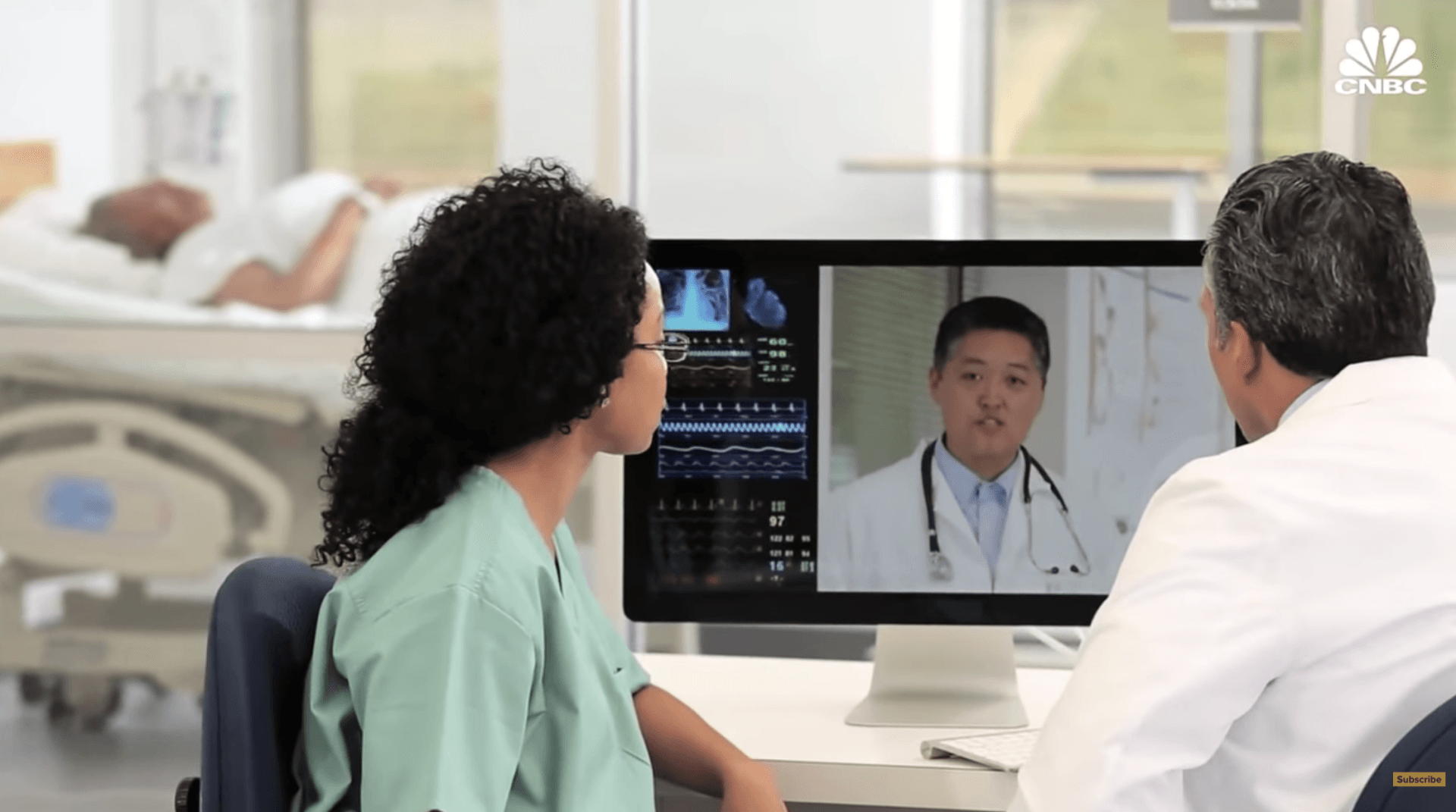
Cleveland Clinic in Ohio predicts within 5 years, half of the outpatient visits in the U.S. will be virtual. Dr. Jessica Bender, clinical instructor of medicine at University of Washington states "After the pandemic is over, Telehealth will be here to stay and people won't want to go back to only in-person visits. People will want the option of telehealth visits as well. This cannot replace the entire healthcare system as people will still need to come in for their pap smears and exams, but I think people will find a preference for this. They won't have to take off a day from work or free buses to travel to the doctor's office or find child care."




